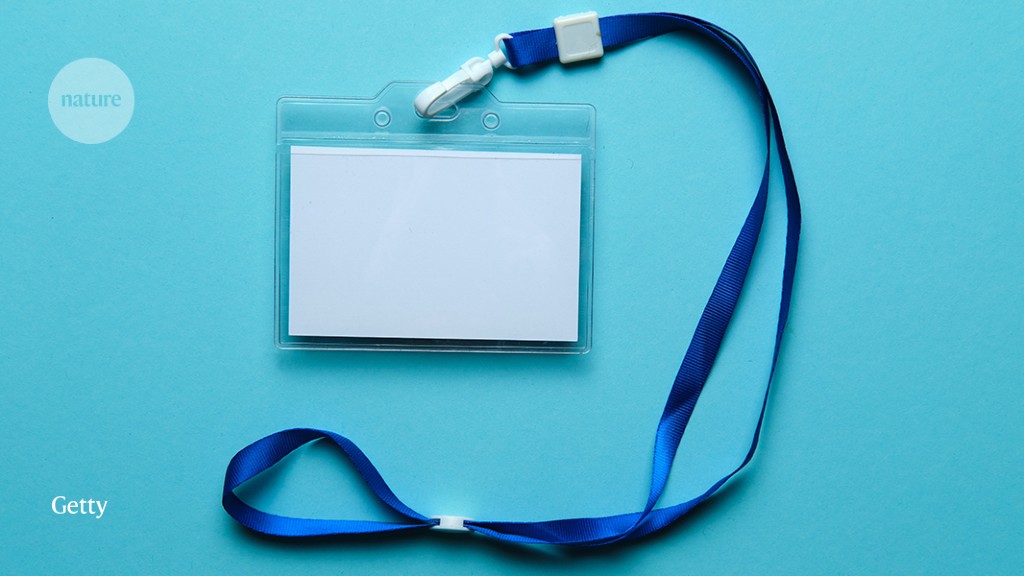Revisiting: Theory of the E-book
Joe Esposito revisits his 2012 post on the unstated theory of the e-book, which assumes that a book consists only of its text and can be manipulated without regard to the nature and circumstances of its creation.

opinion articles
Send us a link
Joe Esposito revisits his 2012 post on the unstated theory of the e-book, which assumes that a book consists only of its text and can be manipulated without regard to the nature and circumstances of its creation.

Dispute over Liverpool's use of metrics is best resolved through dialogue, says Stephen Curry.
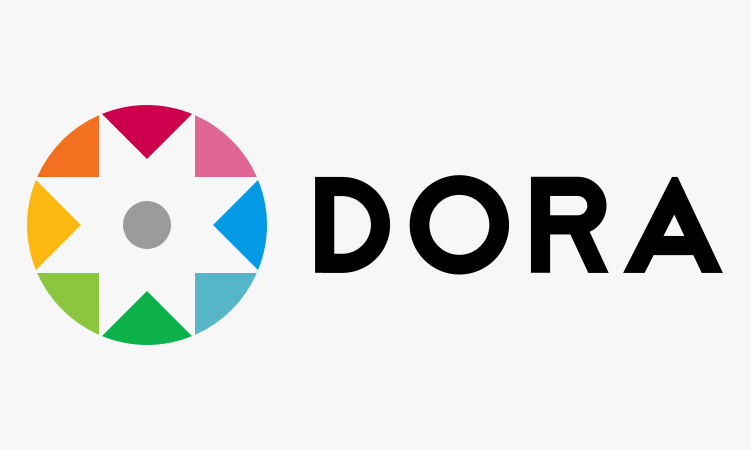
Academia has a problem with race. It’s a problem that academia — like the rest of American society — doesn’t like to acknowledge.

The activist and author discusses why there is no one-size-fits-all feminism and her aim to create work that comforts women of colour who have been 'gaslit'
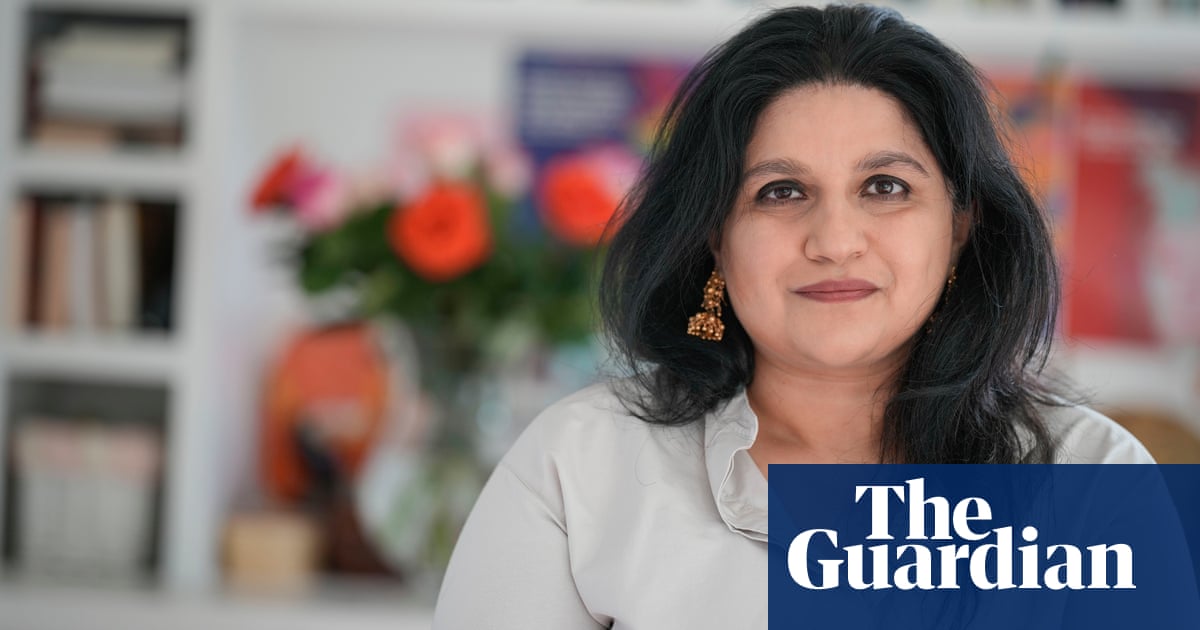
The pandemic and global environmental change are intimately intertwined at multiple levels, and this must be more clearly articulated to the public and in policy.
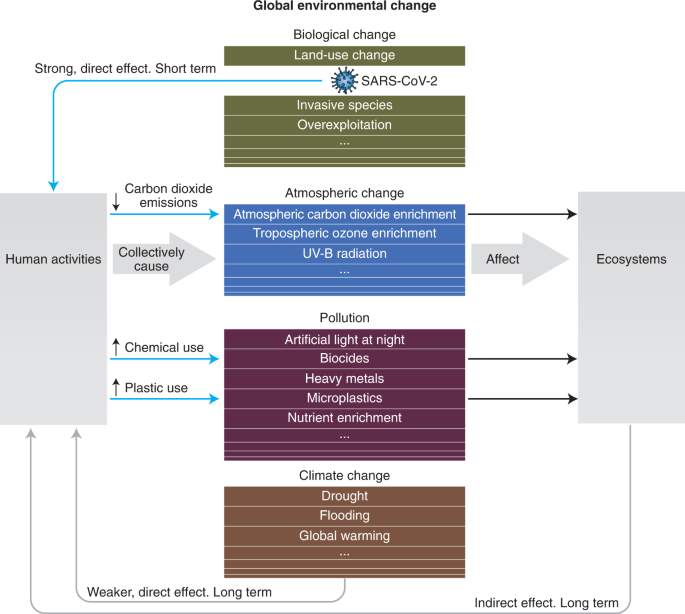
Australia’s ERA and EIA research assessment exercises lack a clearly defined purpose, or return on investment for Australian universities. In a climate of declining trust in the Australian Research Council, together with a confused idea about how research should be funded, the assessment regime itself is at a critical point of juncture.
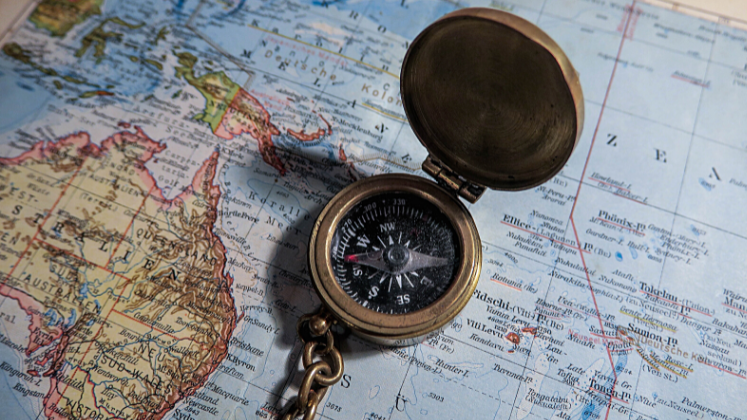
IPBES, the international panel of leading biodiversity researchers, should be consulted on how best to measure species loss.
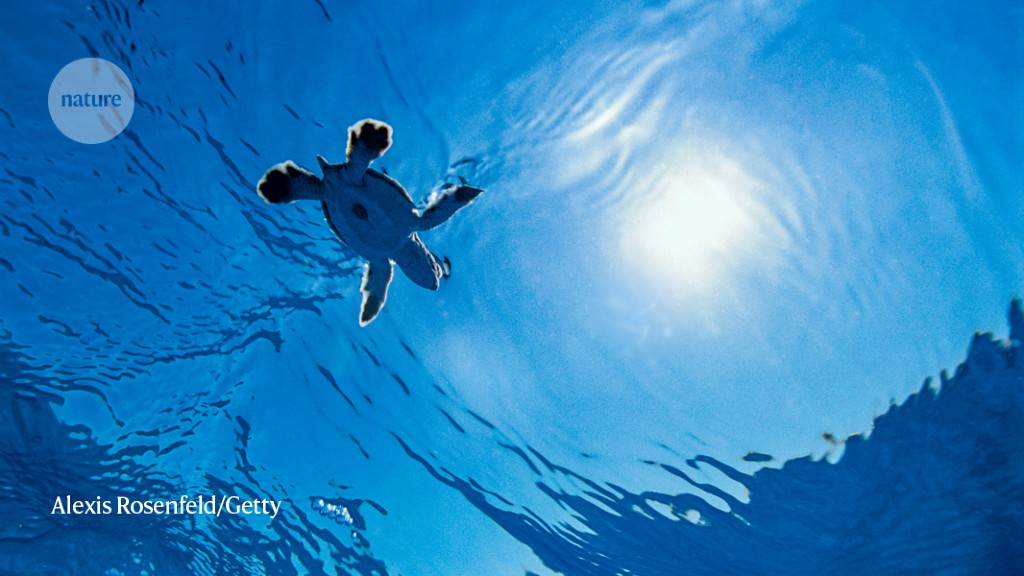
Addressing weaknesses and limitations in your science will reassure potential funders, say grant-writing coaches.

Taking steps to lower the environmental impact of your research can reduce costs.
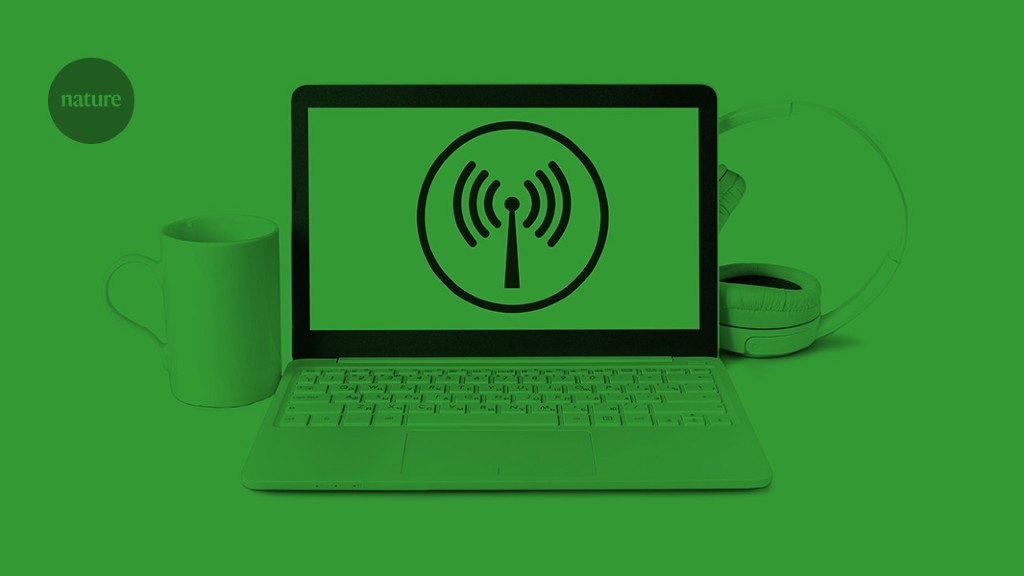
How to facilitate the use of science as a key element of the policy-making process.
Poor policy outcomes are not the responsibility of 'mutant maths', but of choices made by people in power.

Caroline Wagner, author of 'The New Invisible College' and 'The Collaborative Era In Science', joins Toby Wardman of SAPEA to discuss the brave new world of cross-border science, and what, if anything, we can do about it.
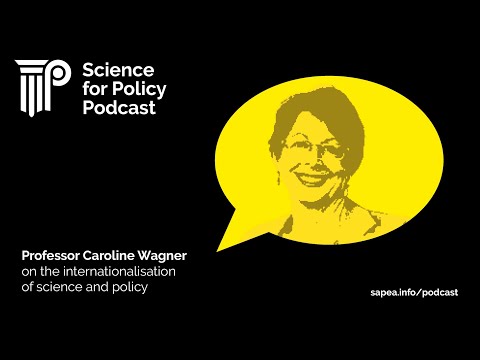
Mathematicians want to think their field is a meritocracy, but bias, harassment and exclusion persist.
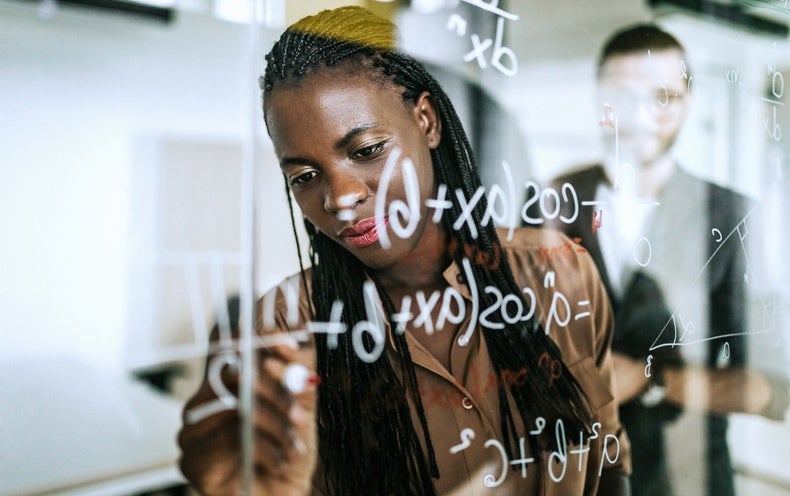
The world seems to be on the verge of collapse - yet I have just brought a baby into it, writes Arwa Mahdawi
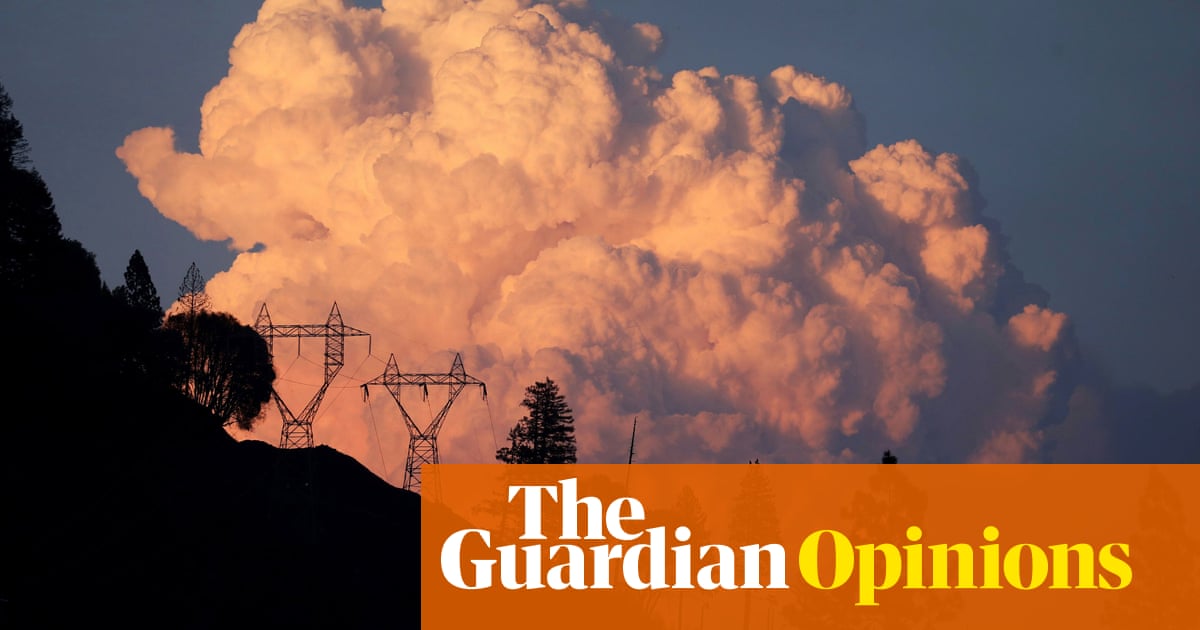
John Ioannidis is a highly influential scientist whom we at SBM have lauded on many an occasion. Since the pandemic, though, he's downplayed the dangers of COVID-19. What the happened to him?
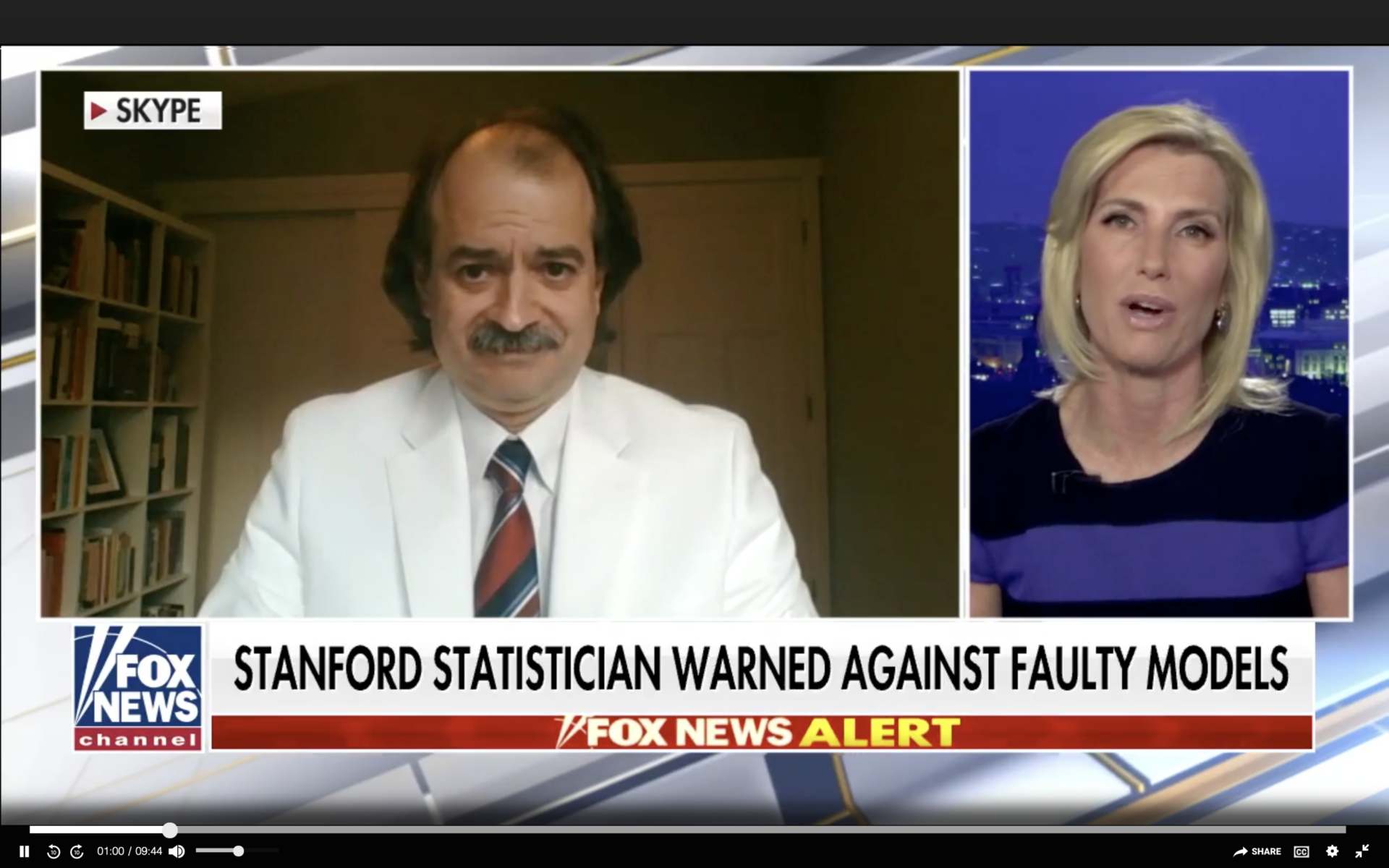
Research in this area deserves more attention - and not only for conditions related to reproduction.
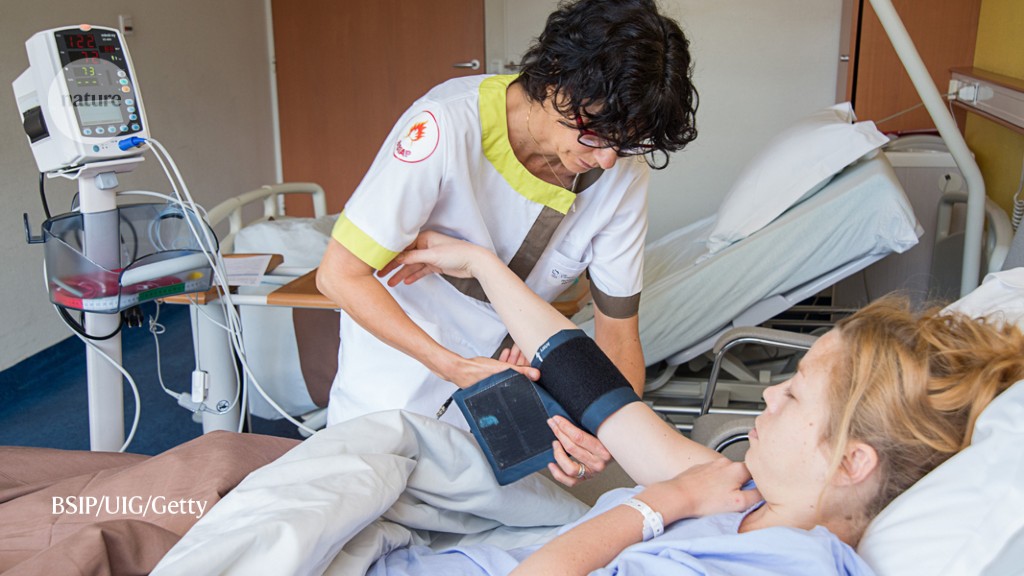
"Science belongs to all of us and it is not an enemy of any culture."

Recent research shows that the skepticism many companies had related to working from home may be eroding.
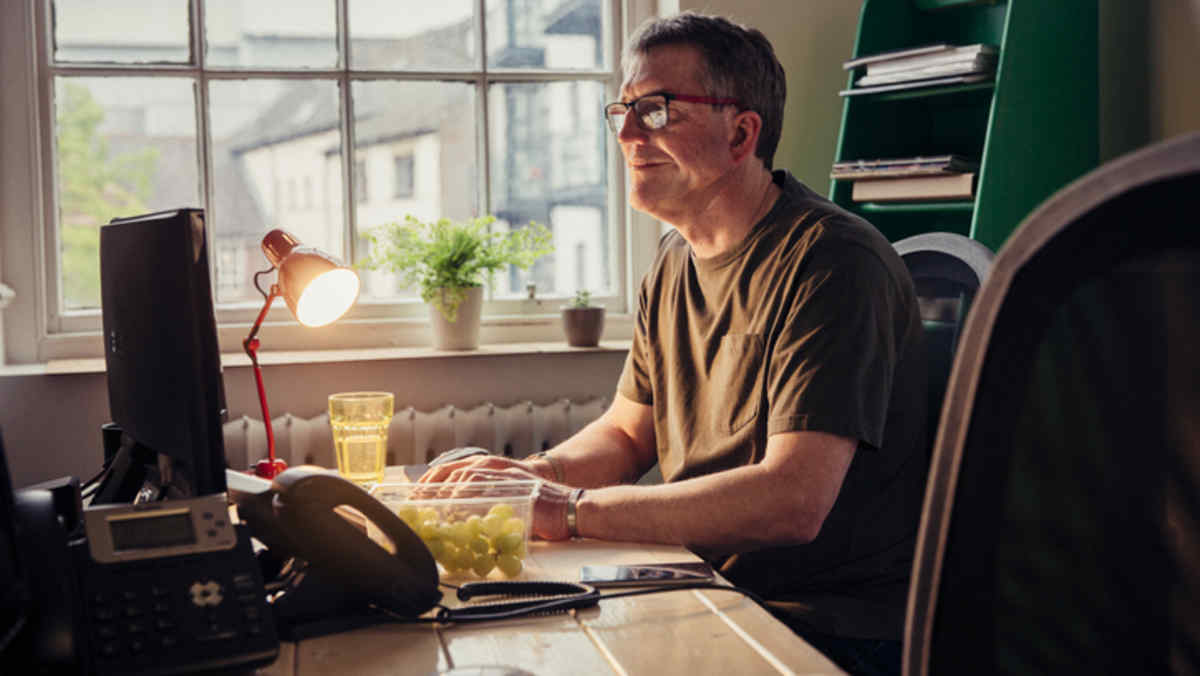
A good communications strategy can get your research seen by decision makers, says Rebecca Fuoco.

The true potential of citizen social science, whereby members of the public participate in the investigation and analysis of social phenomena, remains to be realised.
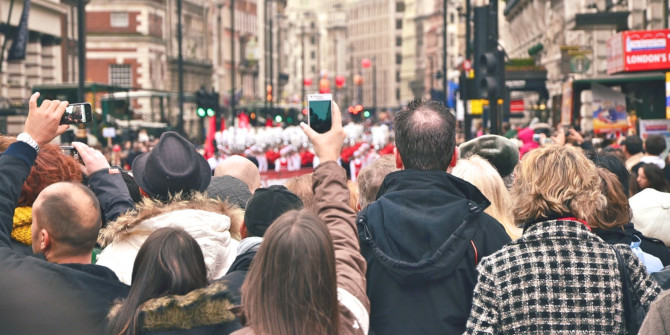
They strengthen the institutions that ensure a strong democracy, leading to rational decisions
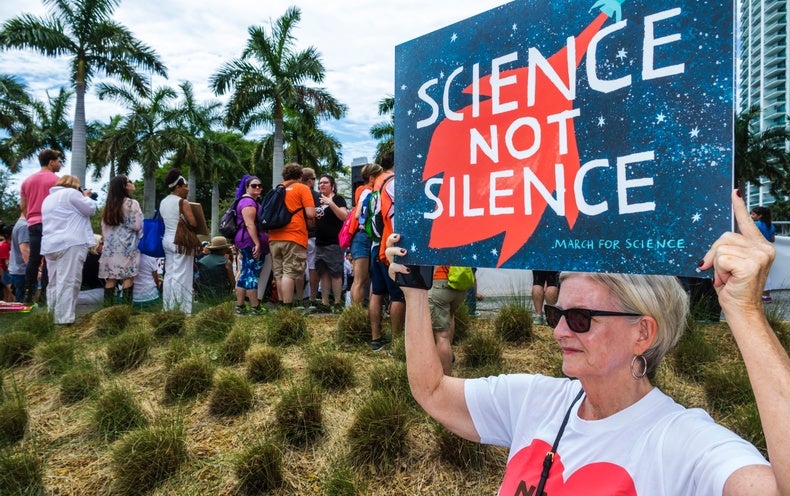
Learn how two early career publishers are tackling the thorny issue of pay equity and inclusion in today's interview with Rebecca Bostock (Ohio State UP) and Dominique J Moore (University of Illinois Press).

Some scientists get involved with policy without giving up their day jobs. Others take their scientific training and move wholesale into the world of policy, taking up roles as advisors, analysts, knowledge brokers or advocates on specific issues. Adriana Bankston shares her tips and experiences on leaving academia behind and joining the fast-paced world of policy.
Health research is based on trust. Health professionals and journal editors reading the results of a clinical trial assume that the trial happened and that the results were honestly reported. But about 20% of the time, said Ben Mol, they would be wrong.
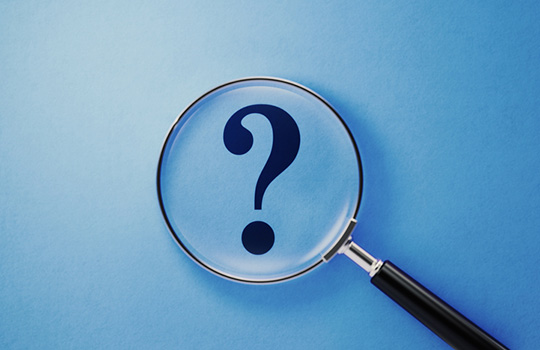
England's free speech bill should outlaw gag orders that stifle revelations of bad practice, says an anonymous author.

Learning to pronounce others' names doesn't have to be awkward, as long as it comes from a place of mutual respect.
